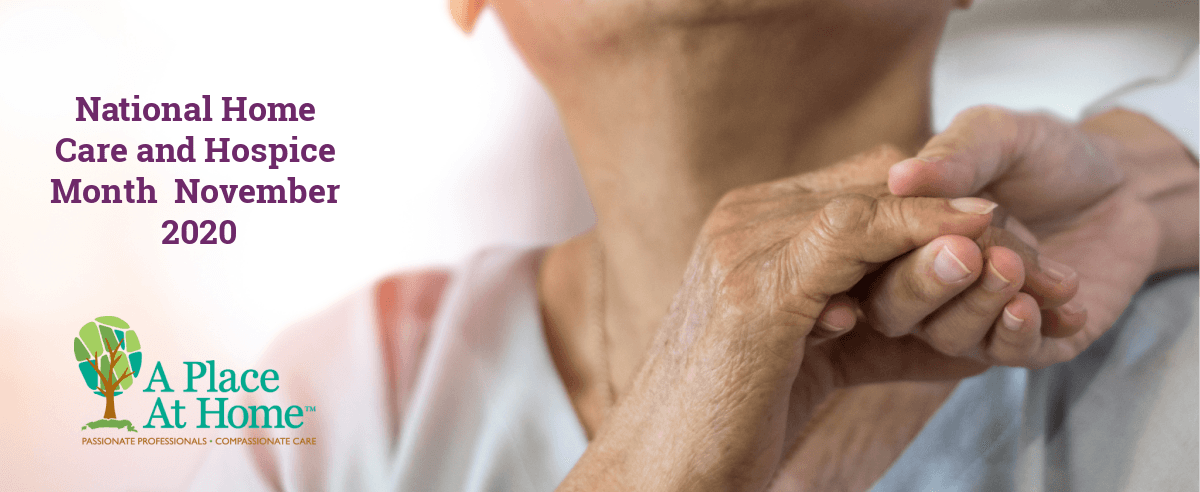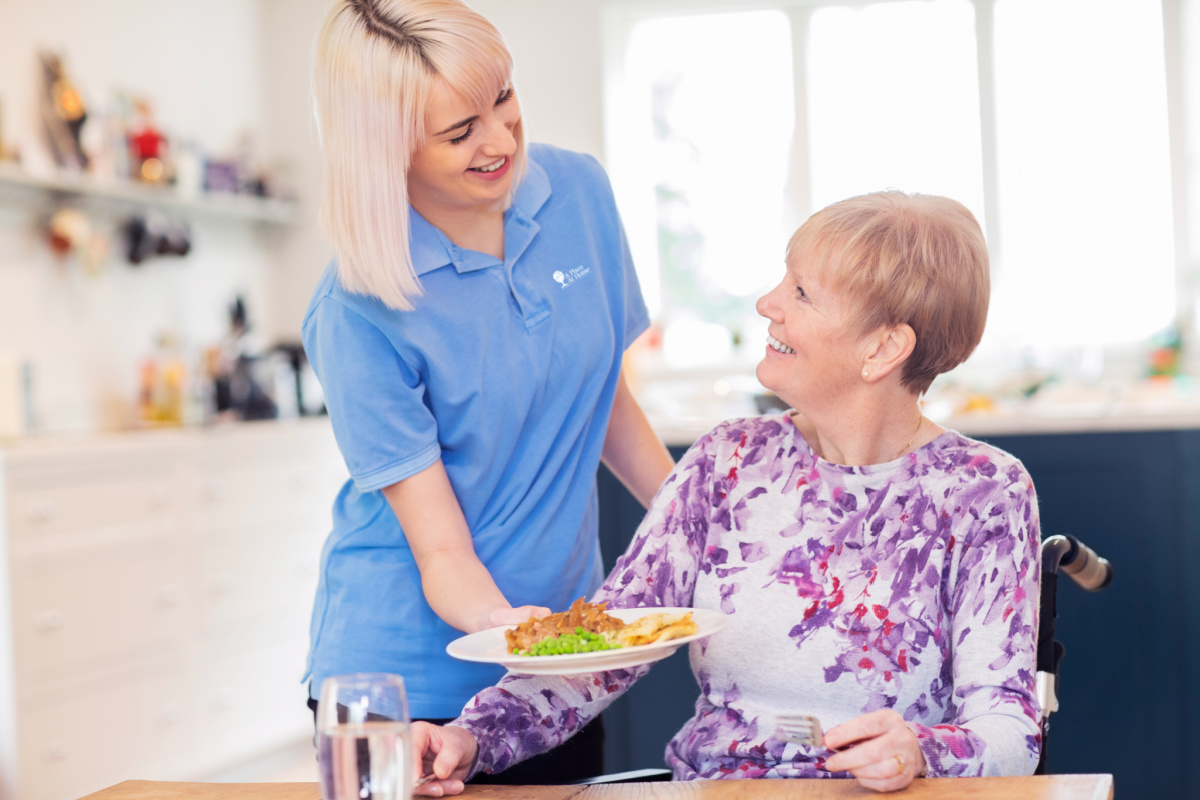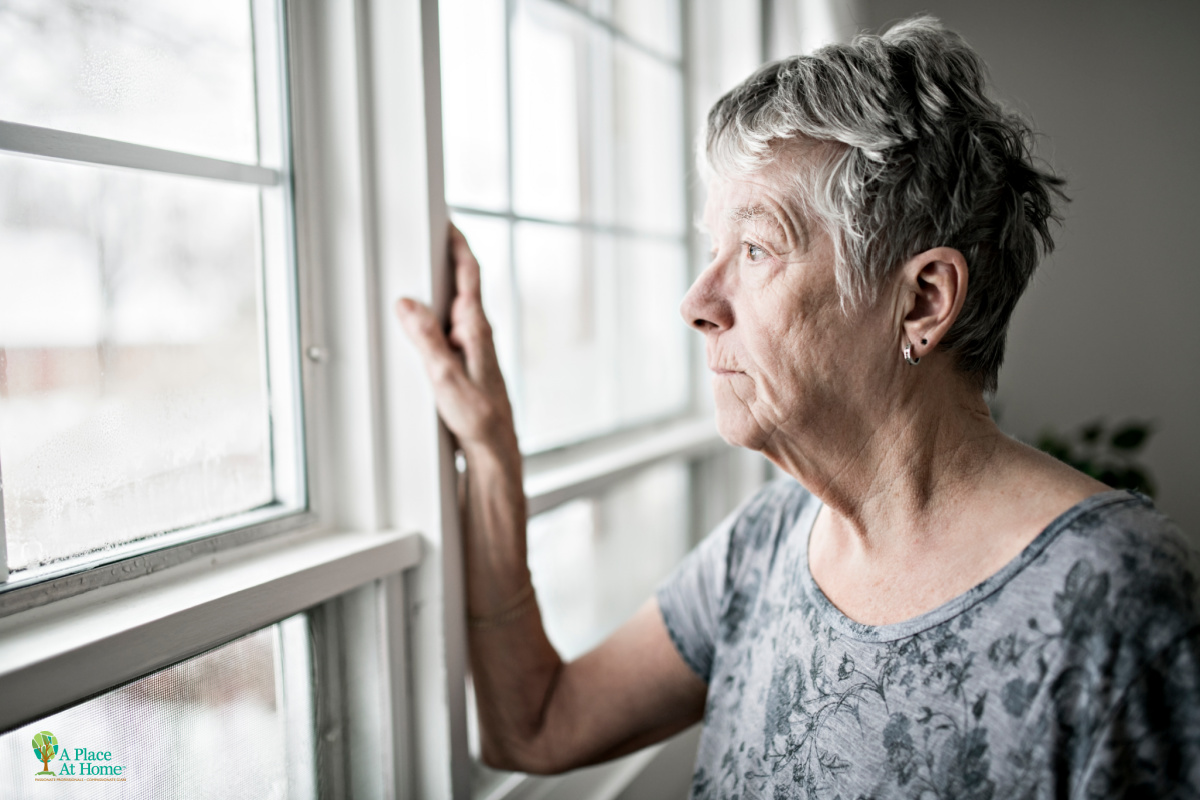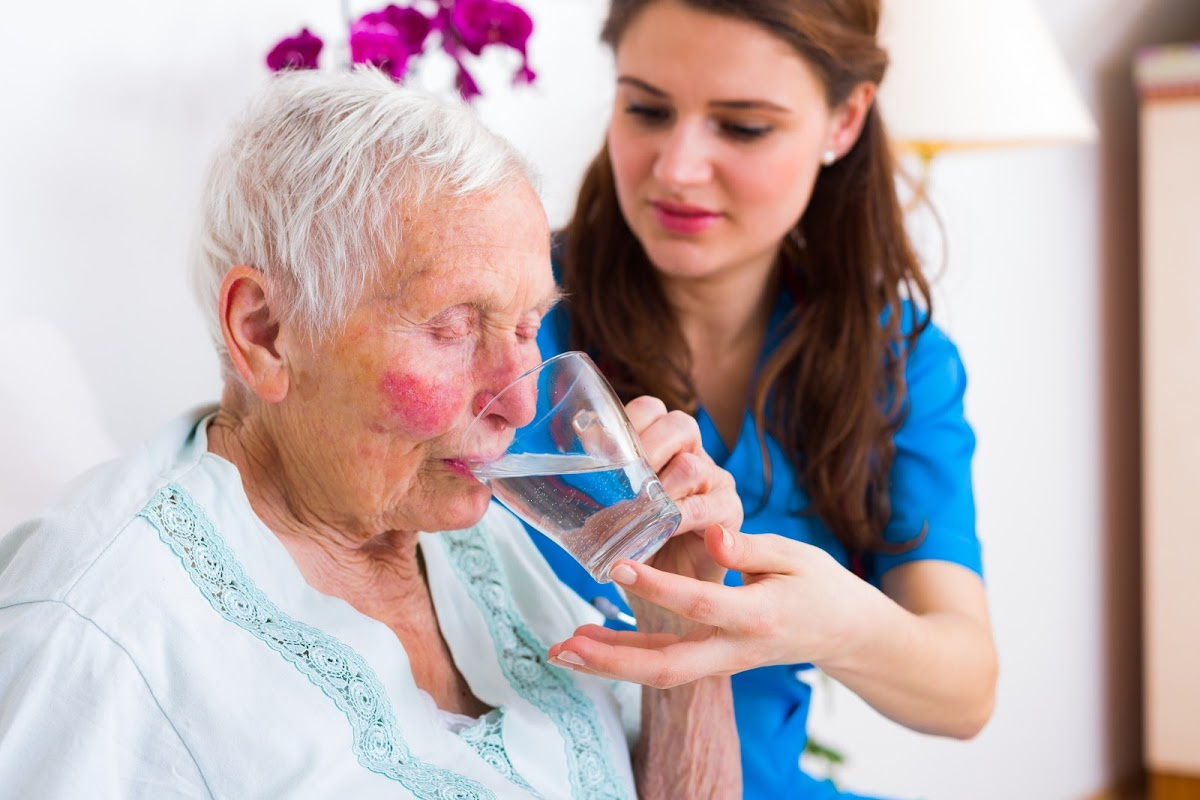A Place At Home Builds Momentum in First Half of 2025
Senior-focused care franchise expands to new states, celebrates national rankings, and strengthens support for owners
OMAHA, Neb. – (Aug. 1, 2025) – A Place At Home, a senior-focused home care provider franchise, is making significant strides in the first half of 2025, adding new franchise territories, entering new markets, and celebrating national accolades that reflect the strength of its model and mission. In the first half of the year, the in-home senior care franchise awarded seven new territories, opened four new locations, and prepared to launch five more.
“2025 has been a year of purposeful growth for A Place At Home,” said Jerod Evanich, co-founder and president of A Place At Home. “We’re welcoming new franchise owners who share our passion for senior care, while continuing to invest in the systems, people, and processes that set our brand up for long-term success.”
Franchise Growth
In addition to the 16 new locations opened, currently launching, or awarded, A Place At Home continues to expand its national presence, entering five new states: Connecticut, Maryland, North Carolina, Washington, and Nevada. The senior care franchise now has a total of 57 units and aims to reach 75 locations by the end of this year.
Awards & Recognition
The first half of the year has brought industry-wide recognition to A Place At Home and its franchise owners:
- Debut on the 2025 Entrepreneur Franchise 500®
- Named to Entrepreneur’s 2025 Top Franchises for Less Than $100,000
- FranServe’s FRAN-TASTIC BRANDS 2025 list
- Franchise Business Review Awards:
- Top Franchise
- Top Low-Cost Franchise
- Top Franchises for Women
- Top Recession-Resistant Franchise
- Top Franchises for Culture
- Franchise Rock Star: Jerome Philips in Giving Back Category
- 11 locations earned 2025 Best of Home Care Awards® from Home Care Pulse, in the following categories:
- Provider of Choice
- Employer of Choice
- Leader in Training
- Leader in Experience
- Top 100 Leader in Experience
Team Development & Partnerships
To support its growing network of franchise owners, A Place At Home has strengthened its internal team with several key promotions and hires:
- Jennifer Axelrod, promoted to National Accounts & Growth Strategist
- Dani Sloan, promoted to Business Operations Coach
- Mitch Benson, promoted to Director of Franchise Development
- Tayler Wickham, hired as Onboarding & Training Coordinator
The brand has also broadened its national partnerships to offer more resources to franchisees and their clients. Notable partnerships include PocketRN, Uniper, and more to be announced.
A Place At Home also celebrated the return of its annual franchise conference for the first time since 2023. The event, held in Omaha, brought franchisees together to celebrate shared successes and reinforce A Place At Home’s culture of collaboration and care.
With its foundation strengthened and franchise interest growing, A Place At Home is well-positioned for continued success in the second half of 2025.
“As we expand, we remain deeply committed to our core mission—providing compassionate, personalized care to seniors and supporting franchisees in delivering that care with excellence,” Dustin Distefano, co-founder and CEO of A Place At Home. “The recognition we’ve received this year is a reflection of the passion and dedication of our entire team.”
To learn more about franchising opportunities with A Place At Home, visit aplaceathomefranchise.com.
###
About A Place At Home
A Place At Home offers a range of customized senior-focused care services, including in-home care, care coordination, and assistance in identifying and transitioning to senior living alternatives. The company is dedicated to preserving the quality of life for seniors by giving them the support they need to stay as independent as possible for as long as possible. Visit aplaceathome.com for more information.









